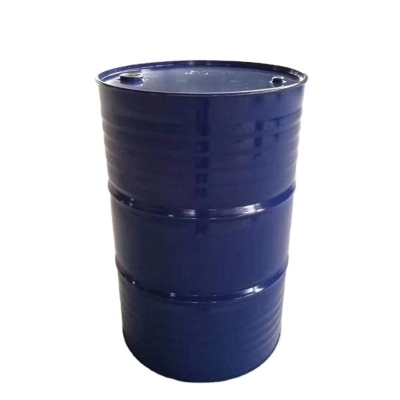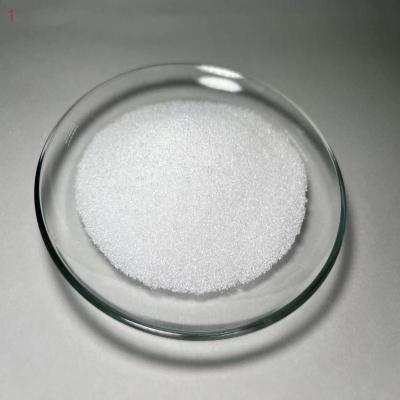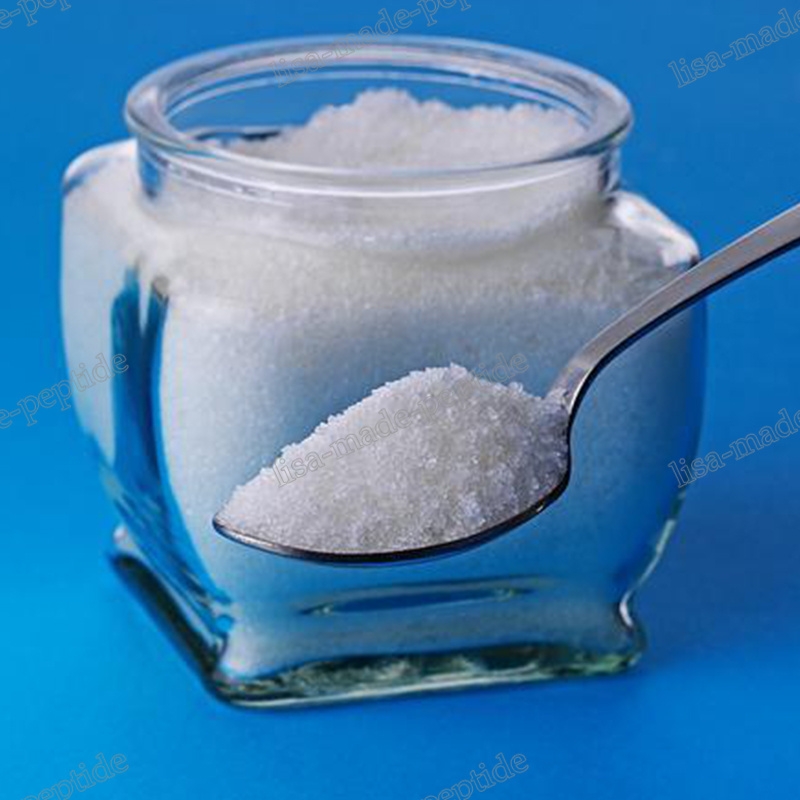-
Categories
-
Pharmaceutical Intermediates
-
Active Pharmaceutical Ingredients
-
Food Additives
- Industrial Coatings
- Agrochemicals
- Dyes and Pigments
- Surfactant
- Flavors and Fragrances
- Chemical Reagents
- Catalyst and Auxiliary
- Natural Products
- Inorganic Chemistry
-
Organic Chemistry
-
Biochemical Engineering
- Analytical Chemistry
-
Cosmetic Ingredient
- Water Treatment Chemical
-
Pharmaceutical Intermediates
Promotion
ECHEMI Mall
Wholesale
Weekly Price
Exhibition
News
-
Trade Service
Imperial College London has developed a hydrogen fuel cell that uses a catalyst made of iron instead of rare and expensive platinum, reducing the cost of hydrogen fuel cells
.
The technology enables the widespread deployment of hydrogen fuel and will ultimately reduce greenhouse gas emissions and move the world on a path to net-zero emissions
.
Hydrogen fuel cells convert hydrogen into electricity with the only by-product being water vapor, making them an attractive green alternative, especially for the automotive industry
.
However, their widespread use has been hindered in part by the cost of one of the main components
.
To facilitate the reactions that generate electricity, fuel cells rely on catalysts made of platinum, which are expensive and scarce
.
Lead researcher Professor Anthony Kousenak, from Imperial's Department of Chemistry, said: "Currently, around 60% of the cost of a single fuel cell comes from platinum catalysts
.
For fuel cells to be a truly viable alternative to fossil fuels, we need to bring costs down
.
"
Now, a European team led by researchers at Imperial College London has created an inexpensive and readily available material using only iron, carbon and nitrogen as a catalyst, and has shown that it can be used to run fuel cells at high power
.
Their findings were published in the journal Nature Catalysis on the 25th
.
In this new catalyst, all the iron is dispersed in a conductive carbon matrix in the form of single atoms
.
All the atoms in it are clustered together, making it more reactive
.
These properties mean that iron facilitates the reactions needed in fuel cells and is a good substitute for platinum
.
In laboratory tests, the team showed that in a real fuel cell system, the performance of the single-atom iron catalyst approaches that of platinum-based catalysts
.
In addition, the method developed by the team could also be applicable to other applications beyond fuel cells, such as chemical reactions that use atmospheric oxygen rather than expensive chemical oxidants as reactants, and wastewater treatment that uses air to remove harmful pollutants
.
Lead author Dr Assad Mahmood, from Imperial's Department of Chemistry, said: "We have developed a new method to create a range of 'single-atom' catalysts, which opens the door to a range of new chemical and electrochemical The process offers opportunities
.
Specifically, we used a synthesis method called 'transmetalation' that avoids the formation of iron clusters during synthesis
.
This process may be helpful to other scientists looking to make similar catalysts benefit
.
"







